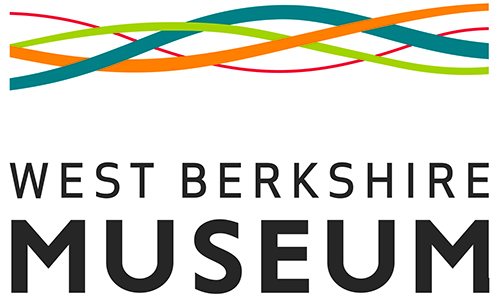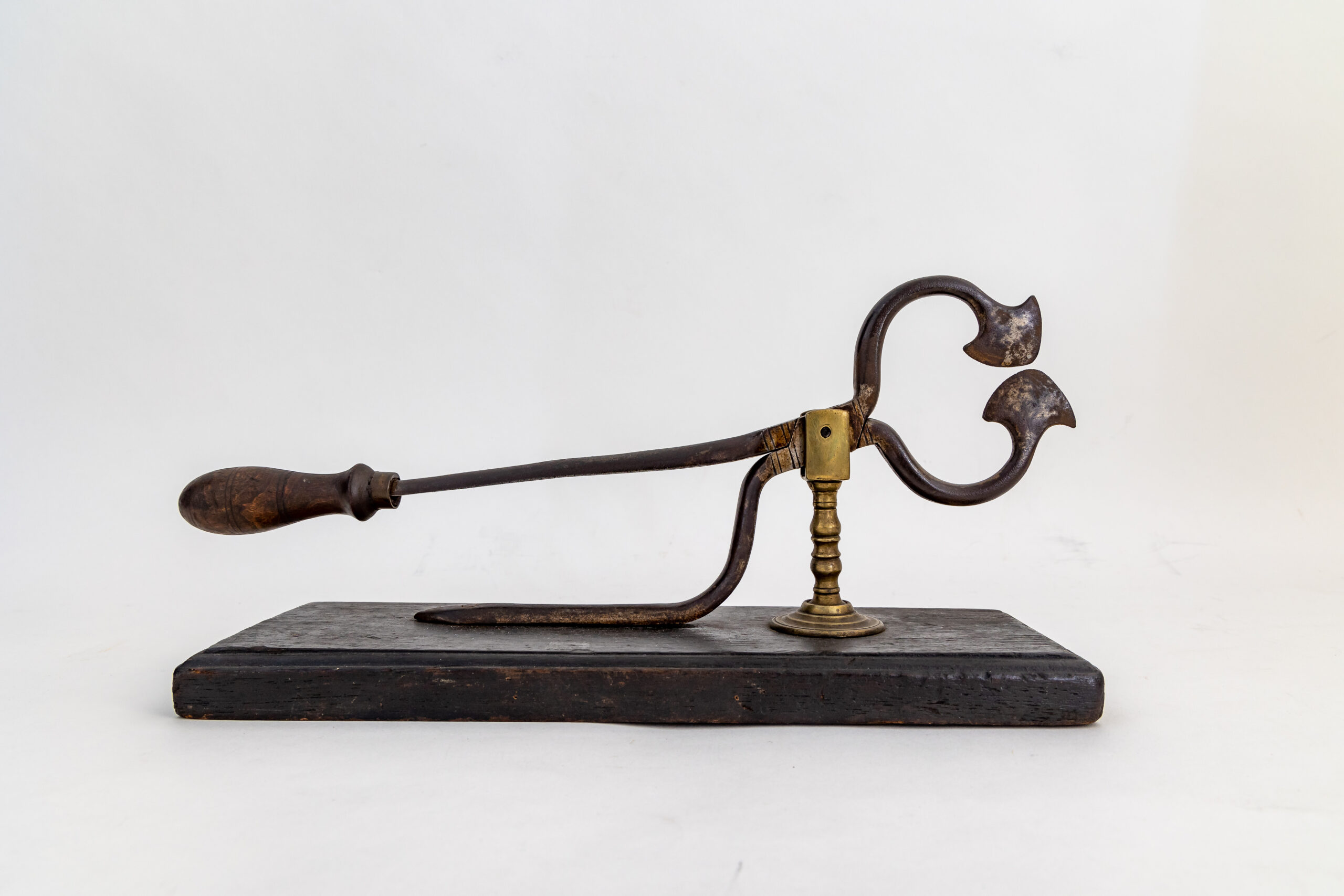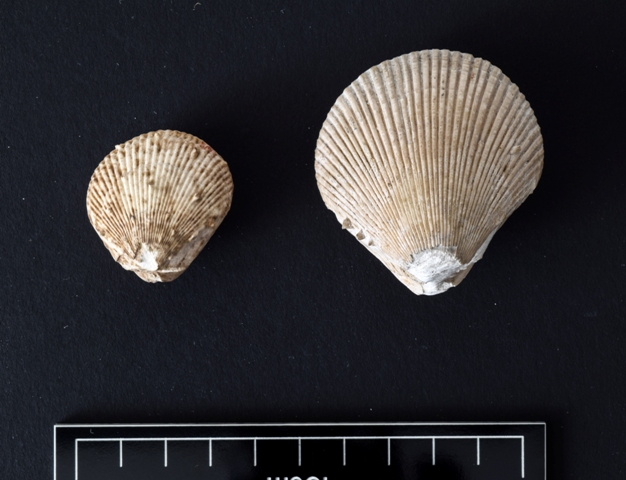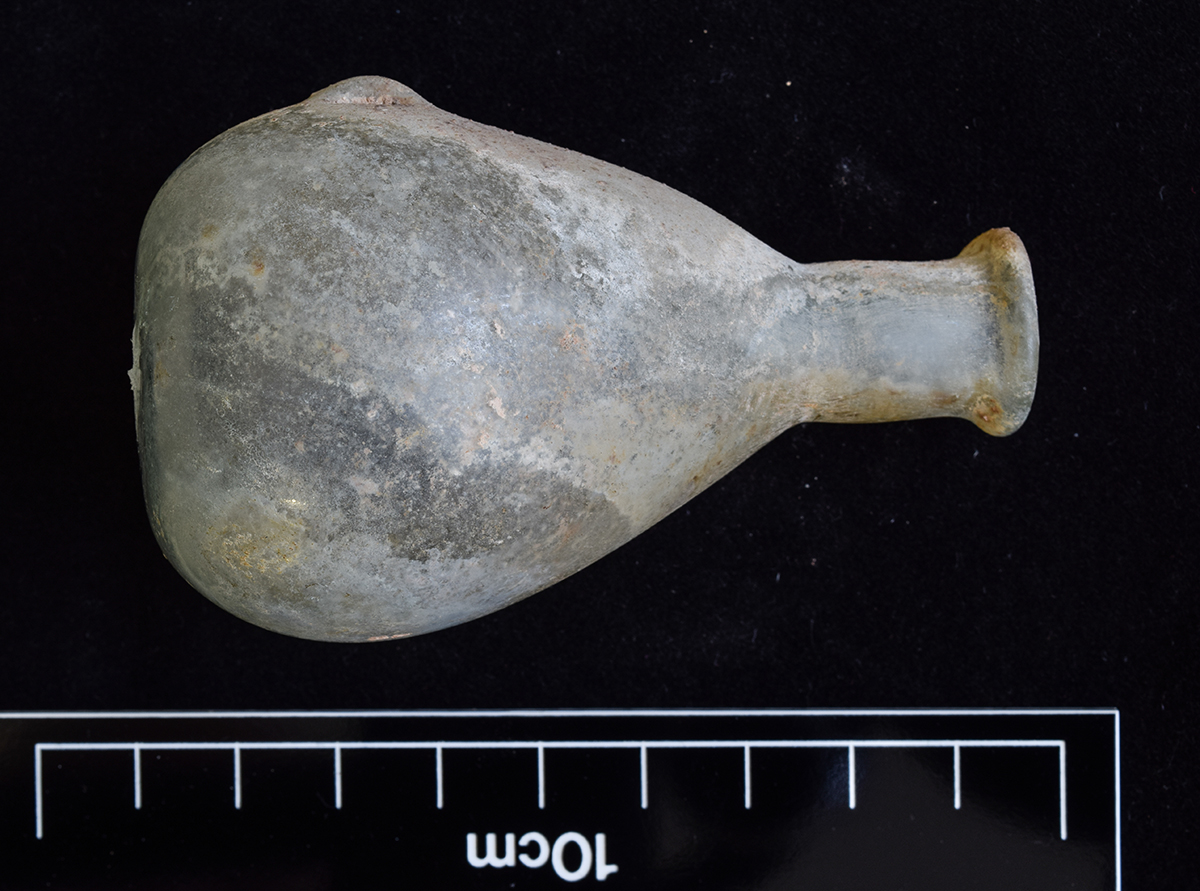Vase made from Alabaster. Found in Hierakonpolis, Egypt. Dated circa 3000 B.C. The vase is thought to be connected to the Gerzeh culture, the second of three phases of the prehistoric Nagada cultures and is also known as Naqada II. As the vase is quite small it might have been used as a kohl jar or for perfume.
West Berkshire Museum holds objects that have been collected from around the world. These objects were largely compiled by Harold Peake, Honorary Curator of the Museum between 1909 and 1946, who was best known as an archaeologist and anthropologist. Peake travelled for his research and purchased objects to bring back, often focussing on his interests in India, Europe and the Middle East. He also purchased objects from other museums and dealers, and sold pieces from the ‘Newbury Museum’ in order to build a large collection of archaeology from around the world; a comparative historic world collection that would illustrate the history of civilisation. This is not how museums build and manage collections today, although it was common practice during Peake’s time.
The Museum also has donations and transfers of objects from other museums that have connections to Ancient Egypt and the tourist trade in Africa, America and Asia. The Museum also holds objects relating to military campaigns such as the Boer War, the Anglo-Ashanti Wars and the First and Second World Wars that can tell layered and meaningful histories of our colonial past.
Period: circa 3000 B.C
Place: Egypt




